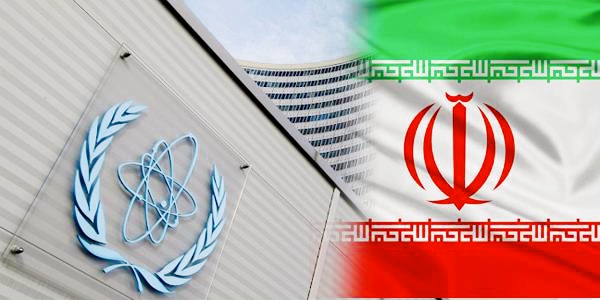In a new development signaling increased tension in the Iranian nuclear file, the International Atomic Energy Agency affirmed that Iran's cooperation with it is a "duty, not an option," in response to the Iranian parliament's decision to suspend this cooperation.
The parliamentary decision came a day after a ceasefire ended a 12-day military confrontation with Israel, following American and Israeli strikes on Iranian nuclear facilities.
Iran's Foreign Minister, Abbas Araghchi, stated that the law passed by the parliament and approved by the Guardian Council has become a "legal obligation," adding that "cooperation with the agency will take on a new form" from now on.
Meanwhile, Iranian Foreign Ministry spokesman, Saeed Khatibzadeh, stated that the relationship with the agency will be affected, especially after what he described as a "lack of condemnation" by the agency for the attacks on nuclear facilities.
Tehran considers the recent decision issued by the International Atomic Energy Agency's Board of Governors on June 12, which accused Iran of non-compliance with the Nuclear Non-Proliferation Treaty, as one of the main motives for the American and Israeli attacks.
Hadi Tahan Nazif, spokesman for the Guardian Council, said that the new law aims to "ensure national sovereignty and the territorial integrity of Iran," noting that suspending cooperation represents a direct response to what he described as "American and Zionist aggression."
Iranian President Masoud Bazkhian is now awaiting final approval of the law that will allow Tehran to continue uranium enrichment and exercise all its rights under the nuclear treaty.
As for Parliament Speaker Mohammad Baqer Qalibaf, he stated that cooperation with the agency is "not possible at the moment" unless the security of Iranian nuclear facilities is guaranteed.

